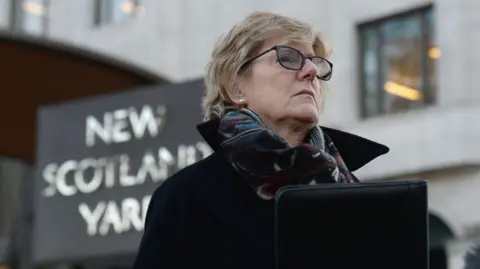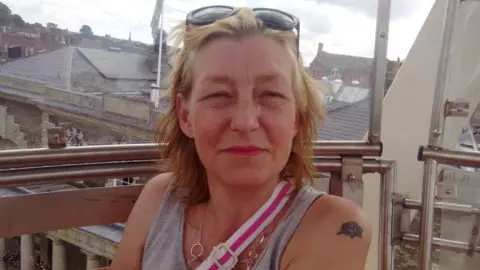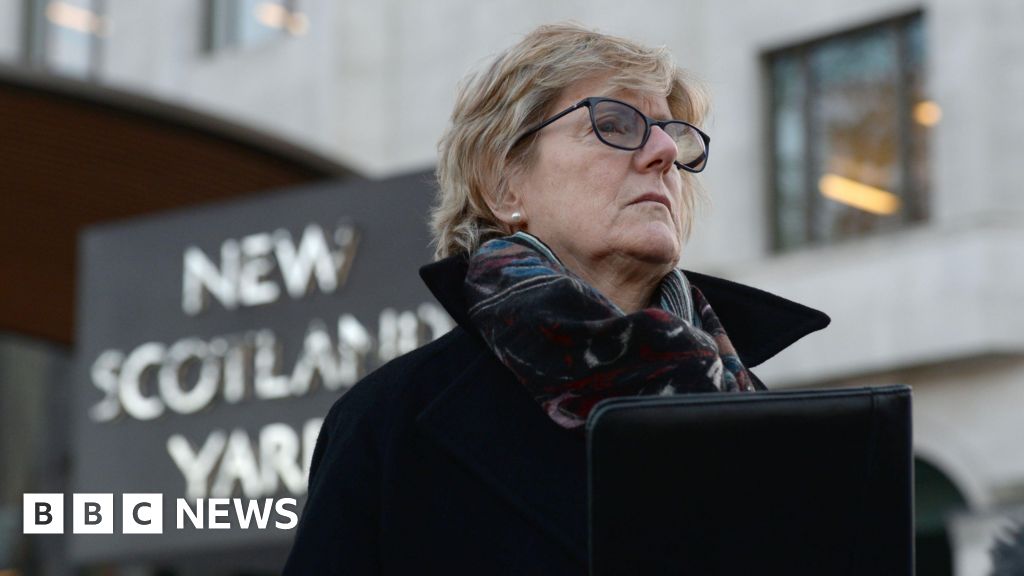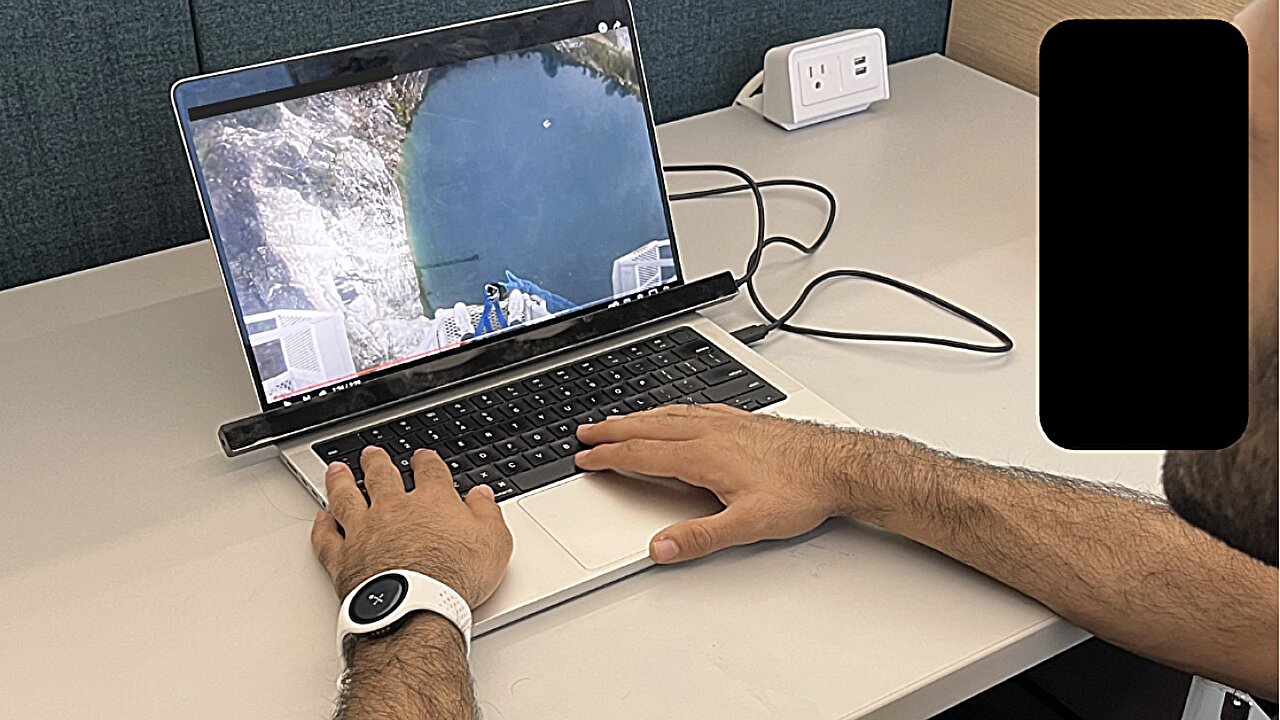 PA Media
PA MediaThe former chief medical officer for England said she had experienced nightmares about someone picking up discarded nerve agent after the poisoning of a former spy.
Sergei Skirpal and his daughter Yulia were poisoned by Novichok in Salisbury in March 2018.
The attempted murders were followed by the death of Dawn Sturgess, 44, in July of that year, after she was exposed to the chemical weapon which was left in a discarded perfume bottle.
The inquiry into Ms Sturgess’ death heard how Dame Sally Davies had worried about someone picking up Novichok from the moment she knew “Russian agents had been involved” in the incident.

In her witness statement, read to the inquiry by Francesca Whitelaw KC, Dame Sally said she had been concerned “about the disposal by the foreign agents of any residual nerve agent”.
She also said she had raised her concern during at least one meeting, before becoming reassured that the police were hunting for a discarded vial, including by the river in Salisbury, and by the Environment Agency, who would “monitor the unusual numbers of dead fish appearing in the river”.
“This led to me later saying publicly that no one should pick anything up which they had not dropped,” she added.
Dame Sally said she had later attended a meeting where concerns about the statement and whether it would “panic the public” were raised.
‘No cover up’
She said the discussion had ended with the agreement that she was independent and experienced and could say what she felt mattered, but she added the only record of her making this statement is her own statement in September when she referred to advice she gave in March.
However, the counsel for Ms Sturgess’ family, Jesse Nicholls, said Dame Sally had said she had given the advice publicly, “because that obviously should have happened but it didn’t”.
She replied: “No, you are trying to suggest there was a cover-up, there was no cover-up.”
The inquiry also discussed a letter, dated 16 March, from Dame Sally to Sir Jeremy Heywood which said that on March 7, at the request of No 10 and the Metropolitan Police, she had issued a statement alongside Assistant Commissioner Mark Rowley announcing the risk to public health as a result of the incident was “low, based on the current evidence available”.
The inquiry continues.





